
University of Texas study finds a 9% decrease in length of hospital stays when collaborative care teams treat patients
Todd Shryock is managing editor of Medical Economics.

University of Texas study finds a 9% decrease in length of hospital stays when collaborative care teams treat patients
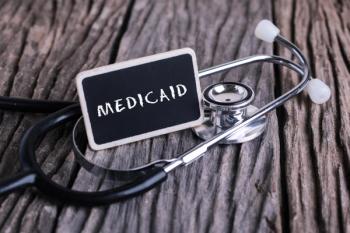
Better primary care could help reduce the disparities
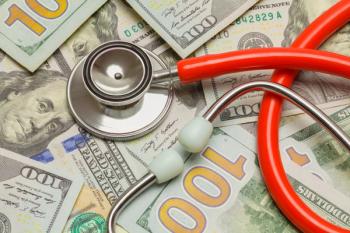
Survey shows that on average, physicians in private practice made more money than those working for hospitals

Financial distress a key driver of deals

The annual hospital employee benefits survey from Aon shows that hospitals are bolstering pay and benefits to combat turnover. Data shows that 62% of hospitals reported increased turnover among nurses, 41% experienced higher departures among non-physician clinical positions and 22% said that physicians are leaving more often than the prior 12 months. Hospitals reported that turnover happens most often among medical professionals with tenures of one to three years. According to the report, here’s what hospitals are doing to try to retain medical professionals:

Collaboration among medical school, nursing school, and rural health institute aims to bring better care to rural Texas
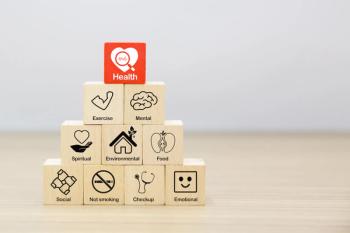
Study shows promise of AI helping doctors identify social determinant risks
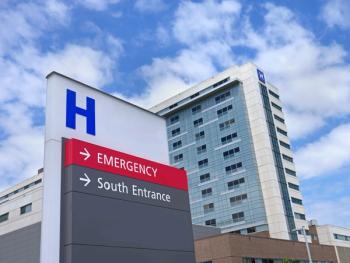
The gap between high and low performers remains substantial

The American Board of Medical Specialties released its 2022–2023 ABMS Board Certification Report overviewing trends in certification and specialties. Here are the key findings:

Expenses have outpaced revenue by almost 3:1

Financial strategies for physicians in 2024

Tech investments have not yet allowed organizations to get the data they need to comply

66% of health care leaders surveyed said they plan to leave their current positions

ACO group says the bill would help lower Medicare costs and improve quality

Three in four older adults think Medicare should cover prescription medication for weight management.

Study shows the need for greater communication with patients beyond the initial prescription
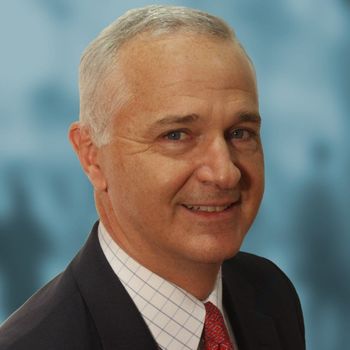
A discussion about the risks practices are going to face in the coming year

Comparison of UK, Australia, and US show similar mental illness rates but widely disparate gun violence rates
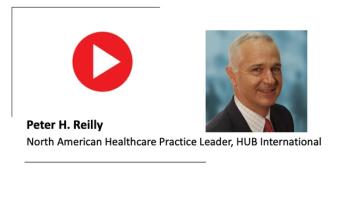
Are you prepared for all the risks your practice might face?

Finding good workers is challenging, and the wrong approach can put your practice at risk.

Insurance costs can be a significant expense for practices - make sure you are doing everything possible to save on costs.

Before signing that value-based care contract, make sure you understand all the risks to your practice.

When adding a new revenue stream to a medical practice, what risks need to be taken into consideration?

Are you ready for the challenges 2024 will bring to your practice?

Outpatient revenue sees double-digit growth

Study highlights challenges faced by employed physicians in corporate-owned settings

Efforts to further reduce smoking among older adults are critical

Study reveals 1 in 8 older Americans consuming cannabis

Any bill more than $500 poses significant financial problems for many Americans

Difference in completion rates between in-person visits and telehealth visits was stark